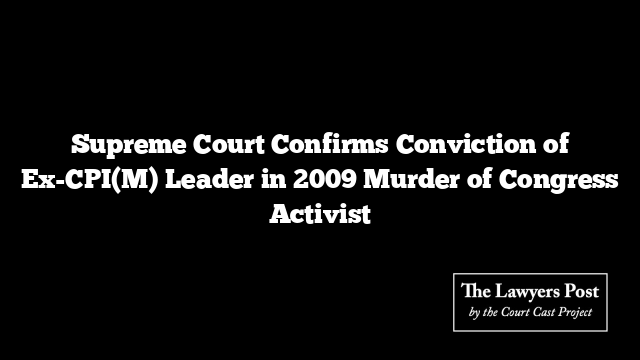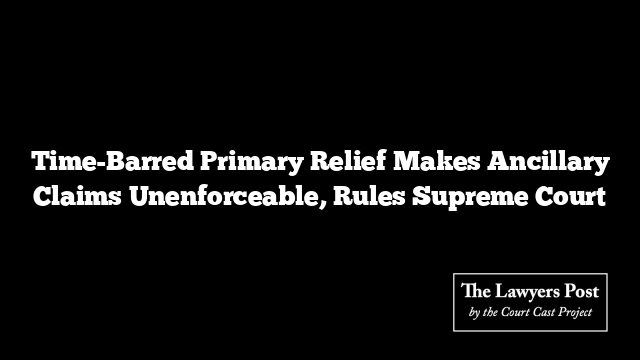In a significant ruling on April 16, 2025, the Supreme Court held that Article 32 of the Constitution cannot be used as a tool to challenge its own previous judgments, emphasizing the necessity of judicial finality and the structured hierarchy of the legal system. The court stressed that permitting such writ petitions under Article 32 would erode the principle of res judicata and unleash a wave of endless litigation.
The bench, comprising Justices Surya Kant, Dipankar Datta, and Ujjal Bhuyan, dismissed the writ petition filed by retired employees seeking to challenge the 2016 decision in State of H.P. v. Rajesh Chander Sood, which had upheld the repeal of a pension scheme. The petitioners had argued that the judgment was per incuriam, as it overlooked binding precedents like D.S. Nakara v. Union of India, which prohibits arbitrary cut-off dates for pension benefits.
However, the court firmly rejected this plea, stating that challenging an established precedent through a writ petition under Article 32 would disrupt the established judicial process. The court reiterated that the appropriate recourse for any aggrieved party is to seek a review of the decision, followed by a curative petition if necessary, rather than bypassing the judicial hierarchy by invoking Article 32.
The ruling emphasized that judicial decisions must have finality to maintain order in the justice system. It further clarified that any attempt to challenge such decisions through a writ petition under Article 32 is not only inappropriate but also contrary to the principles of legal certainty and stability.
The petition was thus dismissed with a clear message: the judiciary must be allowed to operate without being constantly revisited on the same grounds, ensuring that the justice system runs efficiently and without interruption.





